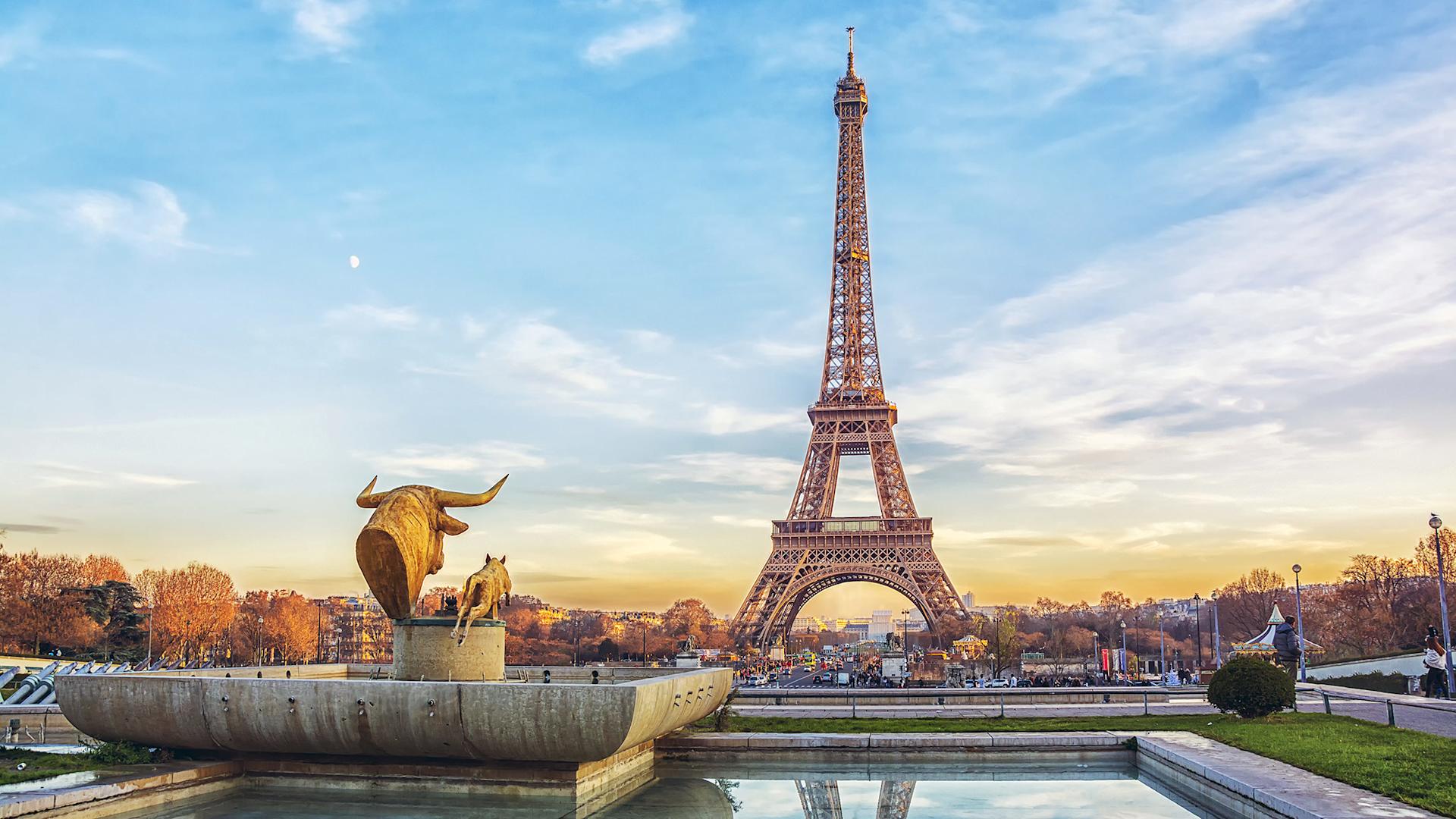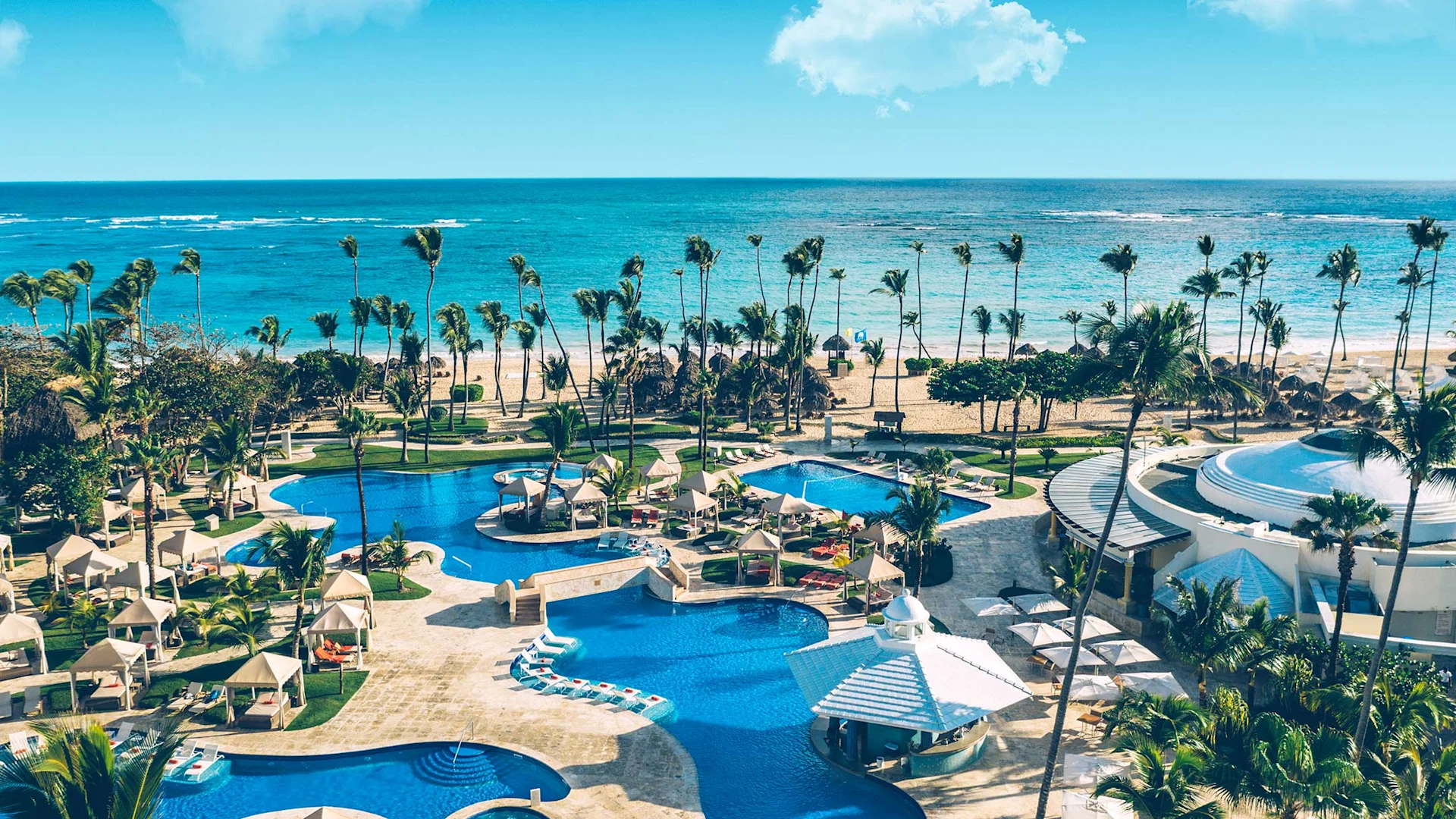
Climate & energy
Maximising your electric car's lifespan
What can you do to ensure that the batterie continues to work perfectly for many years to come?
navigation

Sustainable travel
Sustainable travel is important to many people, says Laura Meyer, CEO of ¬Hotelplan. She explains how this is possible – even if you want to travel longer distances.
Laura Meyer, where did your last private trip take you?
I travelled to Iceland for two weeks with my husband and two children. Once there, we explored the country in a camper van.
They try to take the train on many trips. However, this is not possible when travelling to Iceland. How do you manage this?
It is important to my family that we make conscious decisions. Some places are easily accessible by train, others are not. During the spring holidays, we took the train to Paris, for example. However, we like travelling to new places, andat some point you reach a limit with the train.
Did you employ any offsetting measures for the trip to Iceland?
Yes, we paid for SAF – a non-fossil fuel for aeroplanes – for half of the trip and made climate contributions to Myclimate for the other half.
Is sustainability something that is important to customers?
There are some exciting studies on this. Some 80% of all respondents said that sustainability was important to them when travelling. Another 40% said they really pay attention to it, and a much smaller proportion said they are prepared to pay a small amount for it. We are seeing the same thing at the Hotelplan Group. What's more, people still want to travel long distances, even though train travel is more popular than it used to be.

Is it possible to make every trip sustainable, or can you simply not travel to certain destinations if you want to remain sustainable?
You can be mindful of your sustainability on every trip. In terms of CO₂ emissions, mobility naturally accounts for the largest share. But then there are other questions that you can ask yourself.
What would they be?
Do I choose accommodation with a sustainability certificate? Do I take the train at my destination or rent a car? You can also opt for an electric car, for example. What activities am I planning to do? Shall I go on a jeep tour or a bike tour? Shall I hire a jet ski or go on a canoe tour? These decisions contribute to the size of your carbon footprint.
And who is paying attention to sustainability?
We have noticed that customers that go on more expensive trips are more likely to make climate contributions. However, we see the largest difference between those who book online and those who book directly in the store. Within our branches, our employees draw attention to sustainable offers and climate contributions , or a suggestion is already included in the offer. As a result, sustainability is discussed much more often and sustainable options are booked more frequently.
How many bookings are we talking about here?
Climate contributions are made in approximately 20% of the bookings placed instore. When it comes to online bookings, we are talking about a single-digit percentage of bookings.
Is this because the people who go to travel agencies in person don't want to seem environmentally unfriendly, or are there other reasons?
I think it's more because they can ask questions and gain a better understanding of what it all involves. However, this is a sensitive issue that our employees have to approach with care. Nevertheless, we want to draw attention to it.
In terms of CO2 emissions, mobility accounts for the largest share.
Are there also things that you no longer offer for sustainability reasons?
We do not offer certain animal-related activities, such as swimming with dolphins and whales living in captivity or riding elephants. Otherwise, our strategy is to offer good alternatives. For example, around 90% of our customers who travel to Paris do so by train. For this reason, we are increasing the promotional work we do for train travel.
Do you promote sustainable travel in other ways?
Our customers should always have a choice. However, we can help you to find sustainable alternatives, and there is also a filter function for sustainable options on our websites. We are also looking to become more sustainable together with our existing partners. We have a fund of 10 million francs that we are using for this purpose. We already have two projects underway, promoting the use of solar panels at hotels in Turkey. Tourism can thus do a great deal of good, too.
What do you mean?
Tourism accounts for 10% of the gross domestic product, i.e. economic performance, worldwide. If we support our partners in the destinations, we can also fight poverty there, help ensure gender equality and also encourage greater nature conservation.
How can tourism help to ensure gender equality?
For example, with jobs that enable women to become more financially independent.
And environmental protection?
On the one hand, every hotel and every tourism provider has an interest in ensuring that the area and countryside around their facilities are beautiful and well maintained. On the other hand, the income from tourism can also be used to finance nature reserves.

For example?
In the Dominican Republic, mangrove forests are being cut down. A hotel chain there is committed to protecting the forests and is also planting new mango trees as a reforestation measure. Its reasons for doing this are twofold: on the one hand, it wants to protect the environment. On the other, it also wants to offer guests a better experience. And the same applies to animal welfare.
What is the situation here?
In Iceland, for example, whaling is still an issue. However, as whale-watching trips are important for tourism, there have been calls to abolish whaling. This would not have been possible in the past, but tourism carries more weight nowadays, as it has become more important for the country.
And what about the accommodation?
Our figures from this year show that around 20% of the accommodation booked has a sustainability certificate. This number is rising, partly because we have set ourselves the goal of being able to offer more certified accommodation.
What kind of labels are these?
There are a large number of certificates, so we follow the recommendations of the international GSTC (Global Sustainable Tourism Council). We also use the labels that have been approved by the GSTC in our offers.
Are the hotels prepared to apply for certification?
A lot has happened in the last two years. There are also many measures that hotels can take to save money.
Such as?
Save water, produce less food waste, adapt their menus and offer more local dishes, change towels less often, don't clean rooms every day, and use environmentally friendlier cleaning products, to name but a few.
Is sustainable travel simply a question of cost?
In principle, there are sustainable options available for every trip. There is also certified accommodation that is reasonably priced. However, if you want to make a climate contribution for a flight, this will cost a bit of money
You thereby save electricity as well as energy and help to protect the climate.